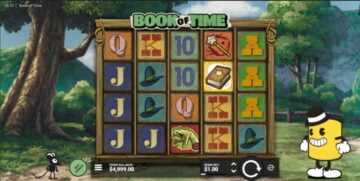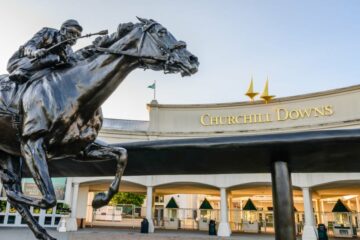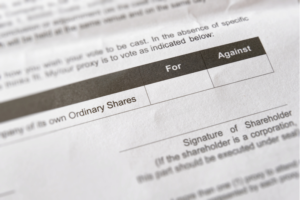Responding to claims of discrimination
A Native American activist group has asked a South Dakota federal judge to dismiss the Grand Gateway hotel-casino’s case of trespassing, defamation, nuisance, and civil conspiracy.
banned Native Americans from booking stays at the hotel or accessing the casino bar
NDN Collective, the Native American group, originally sued Grand Gateway Hotel in Rapid City and co-owners Connie and Nicholas Uhre in May for alleged racial discrimination. According to the plaintiffs, the Uhres had banned Native Americans from booking stays at the hotel or accessing the casino bar following a deadly shooting in a hotel room, where both the victim and culprit were Native American.
The Uhres then brought back a lawsuit of their own, claiming that NDN staged an attempt to hurt their business through defamation. NDN is hoping to kill the countersuit and proceed with its case to receive various damages.
Summoning a boycott
Members of NDN visited the Grand Gateway, where they made unsuccessful attempts to book rooms. A protest in and around the hotel ensued.
One of the demonstrators’ many calls was for a boycott of the Uhres’ property. The NDN claims that Connie Uhre became so enraged by the protests that she shot a bottle of dust spray into one of the group member’s faces.
they could not be trespassing since they were on public property
NDN is not attacking Uhre for her use of a spray bottle as an assault weapon. Instead, they are centering on the idea that they could not be trespassing since they were on public property. NDN’s lawyers argued that the Uhres’ basis for saying the Native Americans could not legally step onto the property is another proof of discrimination.
“[The Uhres] are not victims here,” said NDN’s lawyers. “They may not like that NDN is holding them accountable for their discrimination, but that disagreement does not transform legitimate First Amendment protest into actionable torts.”
Native group rebukes the Grand Gateway
NDN’s legal team, though still focused on the original suit, also said that the Uhres countersuit does not meet the necessary standards for nuisance.
According to the Municipal Research and Services Center (MRSC), “A nuisance involves an unreasonable or unlawful use of property that results in material annoyance, inconvenience, discomfort, or injury to another person or to the public.”
nor does the Counterclaim adequately plead any legal duty or underlying unlawful act”
NDN’s lawyers believe that a nuisance test fails in this situation because “a protest is not a nuisance, nor does the Counterclaim adequately plead any legal duty or underlying unlawful act.”
Meanwhile, defamation (by private figures) requires plaintiffs to prove “actual malice” thanks to a precedent established in a 1964 court case involving the New York Times. To do that, they must show the defendant had reckless regard for the truth.
Hearing of the alleged ban, Sioux leaders issued an eviction notice to the Grand Gateway. Rapid City is not under the Sioux’s jurisdiction, but they believe that the hotel’s stance violates an 1868 treaty between the Sioux and the US government.
That treaty states: “No white person or persons shall be permitted to settle upon or occupy any portion of the [land north of the North Platte River or east of the summits of the Big Horn Mountains]; or without the consent of the Indians first had and obtained, to pass through the same.”
- amazon prime gaming
- axie infinity
- Casino
- Casino Games
- coingenius
- Crime
- EA Sports
- Evil Geniuses
- Gaming
- gaming headset
- gaming pc
- grand gateway
- madden nfl
- Native American
- Nintendo
- Online casino games
- pc games
- plato
- plato ai
- plato data intelligence
- plato game
- plato gaming
- platodata
- platogaming
- playstation
- prime gaming
- sioux
- South Dakota
- Team SoloMid
- US news
- Vegas Slots Online
- xbox
- zephyrnet












